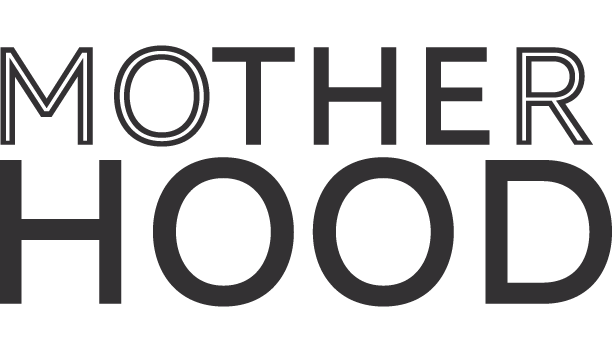 As the mother of a child with autism, Charlotte Warner saw how the educational system wasn’t meeting the needs of children like her son. To fill the gap, Charlotte started the Rise School, a special school in Feltham for autistic children aged 4 to 19. The school opens in September with year groups up to year 8, and all year groups in 2015. WLM recently asked Charlotte to tell us about her experience and about one of west London’s newest free schools.
As the mother of a child with autism, Charlotte Warner saw how the educational system wasn’t meeting the needs of children like her son. To fill the gap, Charlotte started the Rise School, a special school in Feltham for autistic children aged 4 to 19. The school opens in September with year groups up to year 8, and all year groups in 2015. WLM recently asked Charlotte to tell us about her experience and about one of west London’s newest free schools.
What inspired you to start the Rise School?
I have three boys and the oldest, Alex, is autistic. His profile means he’s too autistic to cope in mainstream education, but he is still academically able and needs more challenge than he gets from the very good special school he attends. I kept meeting parents in the same situation, whose children were either excluded from school, bullied in mainstream school or understretched in special educational settings.
With the sponsorship of two national charitable organisations, Ambitious about Autism and Dimensions, we decided to set up an innovative school that would equip pupils to get the qualifications and work experience they needed to live in mainstream society.
What challenges have you faced along the way?
The main challenge is the sheer workload of opening a special school. It’s a seven-days-a-week job, staffed partly by volunteers. We had to get the support of local authorities and parents across west London, where the Rise School is situated. And because we’d decided we needed to be co-located with a mainstream school, we had to find a partner with a really inclusive, welcoming ethos. We’ve partnered with Feltham Community College which we are delighted about. They have exactly the right expertise to deliver the Rise School vision of mainstream inclusion and specialist support.
Will the school be borough funded or fee paying?
Pupils’ fees are paid by their local authorities. Free schools are government funded and as such parents cannot pay the fees themselves.
Could you tell us a little about Head Teacher Tracie Linehan’s background?
Tracie Linehan has headed two special schools and provided extensive training, support and education in mainstream schools to develop their expertise in educating pupils with additional needs. She has come to the Rise School from Scope, a national charity for people with disabilities.
Is the school for anyone on the autism spectrum, including children with Asperger syndrome?
The school is for children with a primary diagnosis of autism, which includes children with Asperger’s. The education model is that the national curriculum is taught within age-related norms in small classes by qualified teachers. Children will also be prepared for integration part-time in the mainstream partner school, with support.
How is the approach to teaching children with autism different to that of mainstream schools?
The key difference is that each class of eight pupils will be taught by a teacher who is trained and experienced in teaching children with autism. This allows the Rise School to adopt a personalised approach which addresses on a daily, multi-disciplinary basis the learning needs of each pupil.
Will the school integrate occupational and alternative therapies into the day-to-day activities?
Occupational therapists, speech and language therapists and behavioural specialists will work within the classroom teams to address individual children’s barriers to learning. The approach is very much integrated. Where children have specific need there may be stand-alone therapeutic interventions.
What will the student/teacher ratio be?
Classes will be made up of eight pupils, one qualified teacher, two higher-level teaching assistants, part-time behaviour, OT and SLT. Around 2:1 staff ratio.
What are the benefits of sending your child to the Rise School rather than allowing them to integrate into a mainstream school?
The Rise School model is designed to offer the best of both worlds: first, all the benefits of a special school—in-depth understanding of your child’s needs and the resources and specialism to address them; second, the breadth of curriculum available via the mainstream school co-location and integration with mainstream peers; finally, teachers who are trained and experienced specifically in teaching children with autism.
How do you prepare students for life in mainstream society once they’ve left school?
Integration with mainstream peers throughout the secondary phase is a key element of preparation for life in mainstream society. In addition, through our sponsor partner Dimensions the school will employ vocational specialists working with students from year 7. They will organise and deliver extended volunteering and apprenticeships with local and national employers. The school leadership is also forming links with institutions of further education and higher education.
For more information, please visit:


